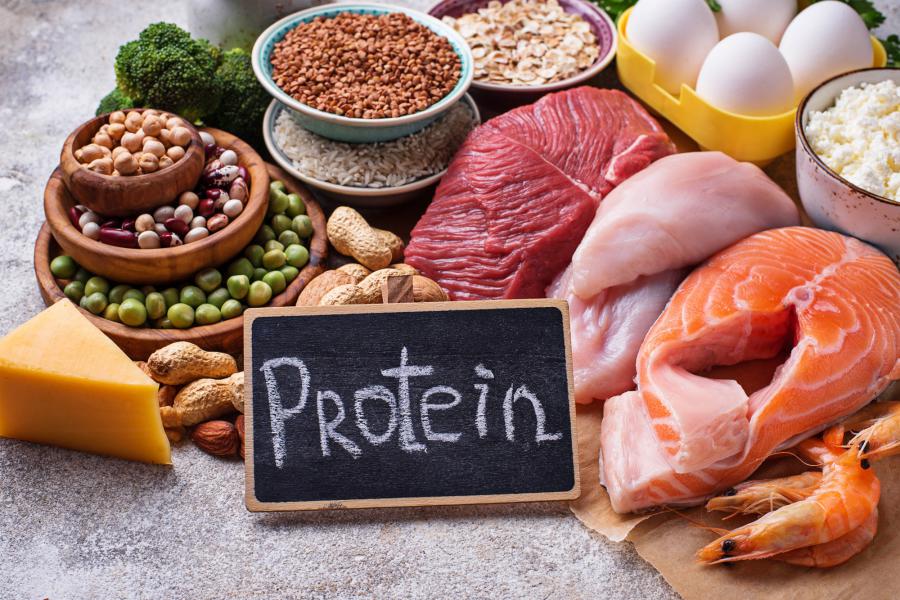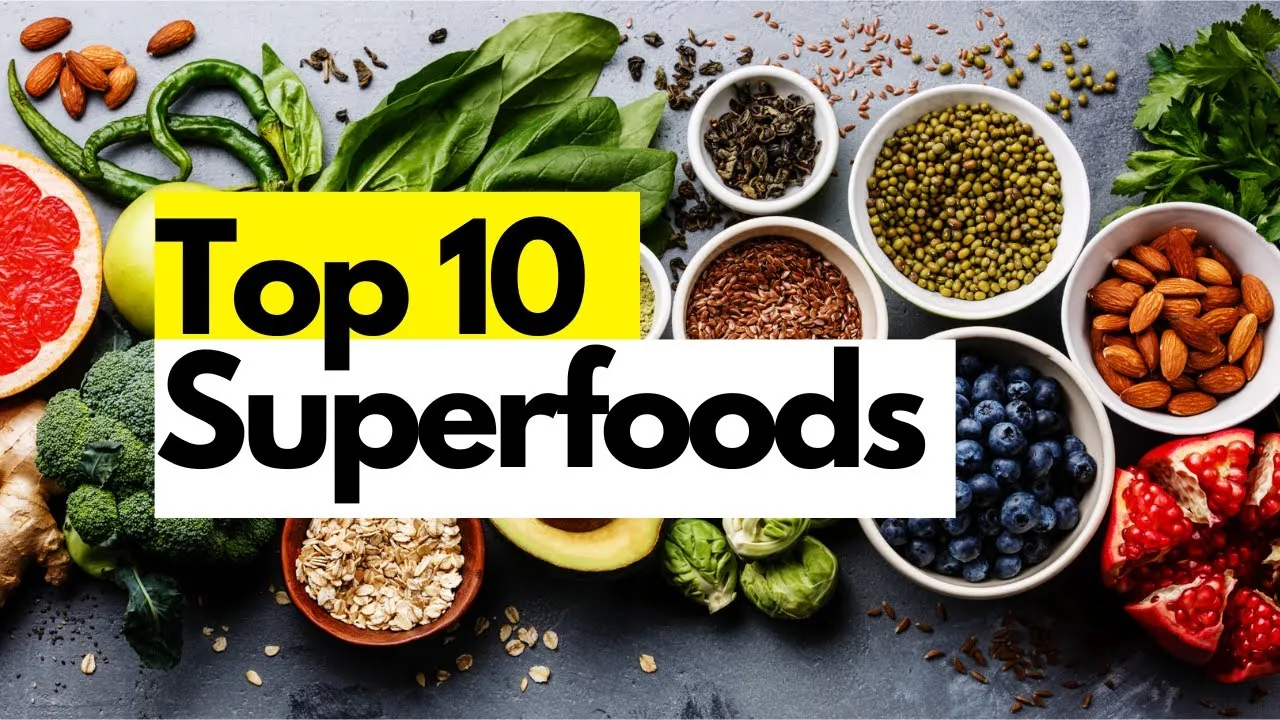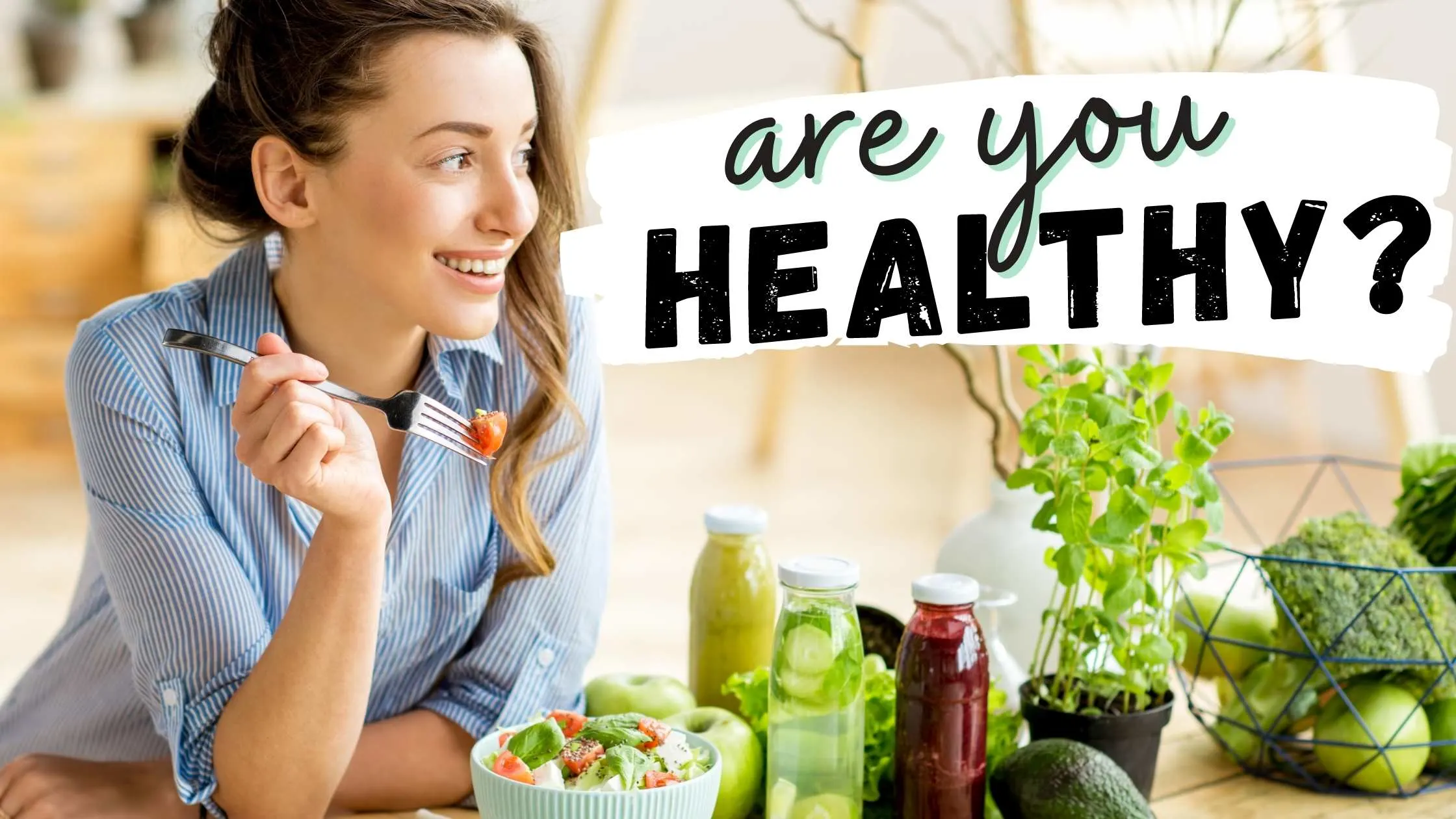Why Protein Is Essential for a Lean Body
Protein plays a critical role in muscle growth, repair, and overall fitness. Whether you are an athlete, gym enthusiast, or someone trying to lose fat while maintaining strength, a protein-rich diet helps your body stay strong and lean. Unlike carbs or fats, protein builds muscle tissue and keeps you feeling full longer, reducing overeating and late-night cravings.
When you consume enough protein daily, your metabolism increases because your body burns more calories during digestion. This process, known as the thermic effect of food, makes protein an essential part of any fat-loss plan.
1. Chicken Breast
Lean chicken breast is a classic source of high-quality protein. A 100-gram serving contains around 31 grams of protein and minimal fat, making it ideal for muscle growth and recovery. Grilled or baked chicken with light seasoning provides a nutritious meal without unnecessary calories.
Pro Tip:
Pair your chicken breast with steamed vegetables or brown rice for a balanced post-workout meal.
2. Eggs
Eggs are nature’s complete protein source, offering all nine essential amino acids. The combination of egg whites and yolks provides both protein and healthy fats. One large egg has about six grams of protein, supporting muscle repair and hormone balance.
If you want to cut calories, you can use more egg whites and fewer yolks, but remember the yolk contains vital nutrients like vitamin D and omega-3s.
3. Greek Yogurt
Greek yogurt is thicker, creamier, and contains nearly double the protein of regular yogurt. It’s also rich in calcium and probiotics that aid digestion. For the best results, choose plain unsweetened Greek yogurt and add your own fruits or honey for flavor.
Why It’s Great:
It’s a quick breakfast or snack that keeps you full for hours and supports gut health.
4. Fish – Especially Salmon and Tuna
Fish is one of the best high-protein foods because it’s packed with omega-3 fatty acids that reduce inflammation and improve recovery. Salmon, tuna, and mackerel provide both lean protein and heart-healthy fats.
A 100-gram serving of cooked salmon gives about 25 grams of protein. Tuna, on the other hand, is almost pure protein with very low fat content.
Smart Choice:
Grill or bake your fish instead of frying it to maintain its nutritional benefits.
5. Lentils
Lentils are an excellent plant-based protein source for vegetarians and vegans. They are rich in fiber, iron, and folate, making them great for energy and digestion. One cup of cooked lentils contains around 18 grams of protein.
Bonus:
Lentils also help regulate blood sugar levels, which supports fat loss and sustained energy.
6. Cottage Cheese
Cottage cheese is often overlooked, yet it’s packed with casein — a slow-digesting protein that keeps your muscles nourished for hours. This makes it perfect as a nighttime snack for muscle recovery during sleep.
A single cup provides roughly 25 grams of protein with very little fat.
Tip:
Add cinnamon or a few berries to make it more flavorful without adding extra sugar.
7. Quinoa
Unlike most grains, quinoa is a complete protein, meaning it provides all essential amino acids. It’s gluten-free and rich in magnesium, fiber, and antioxidants.
One cup of cooked quinoa delivers about eight grams of protein, making it a great substitute for rice or pasta.
Why It’s Ideal:
It helps vegetarians meet their protein needs while keeping meals light and nutritious.
8. Tofu and Tempeh
For those following a plant-based diet, tofu and tempeh are excellent protein options made from soybeans. Tofu is softer and great for stir-fries, while tempeh has a firmer texture and nutty flavor. Both are high in protein and contain all essential amino acids.
Nutritional Boost:
They’re also rich in calcium and iron, essential for bone health and energy metabolism.
9. Lean Beef
Lean cuts of beef like sirloin or tenderloin offer high protein content with key nutrients such as iron, zinc, and vitamin B12. These nutrients support energy levels and muscle recovery.
Serving Tip:
Opt for grilled or pan-seared beef with minimal oil to keep your meal clean and high in protein.
10. Protein Shakes and Powders
When you’re short on time, protein shakes are an efficient way to meet daily intake goals. Whey, casein, and plant-based powders all work well depending on dietary preferences.
A scoop of protein powder mixed with water or milk provides 20–25 grams of protein instantly, making it perfect after workouts.
Note:
Choose a clean brand without added sugars or artificial ingredients.
How to Include These Foods in Your Diet
-
Start Your Day Right: Add eggs or Greek yogurt for breakfast.
-
Midday Meals: Include chicken, lentils, or tofu in lunch.
-
Post-Workout Recovery: Drink a protein shake or eat cottage cheese.
-
Dinner: Have a serving of fish or lean beef with vegetables.
-
Snacks: Keep almonds or a boiled egg handy for quick protein.







